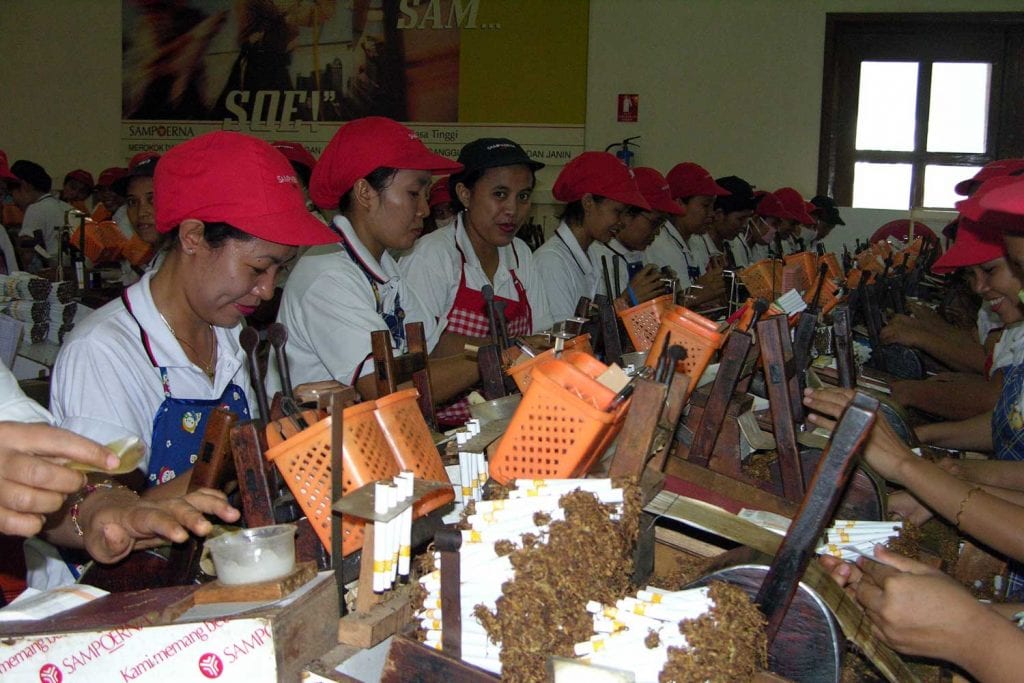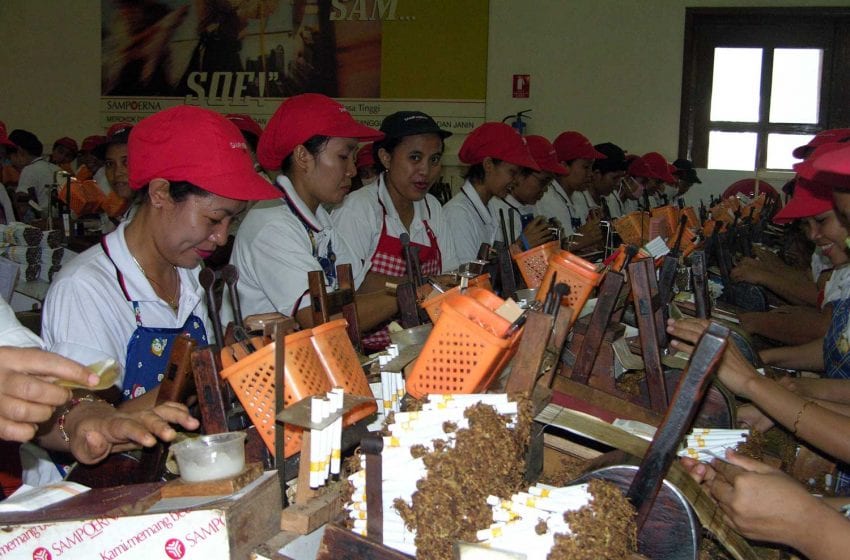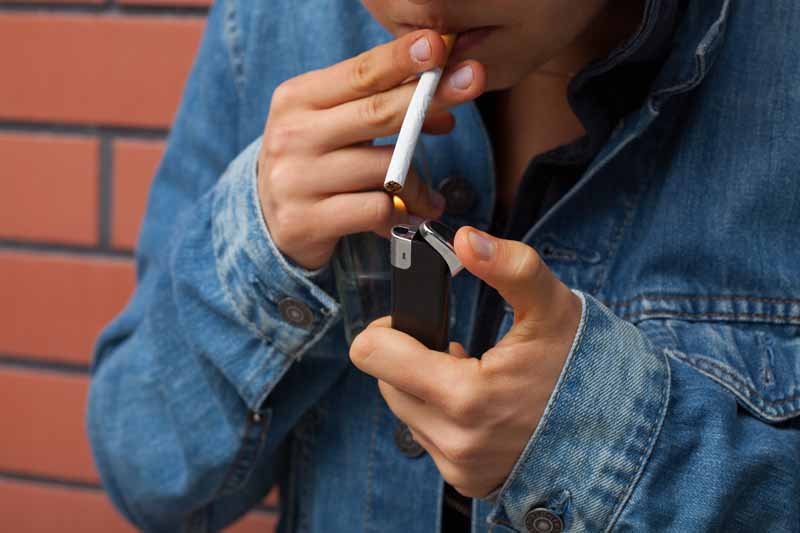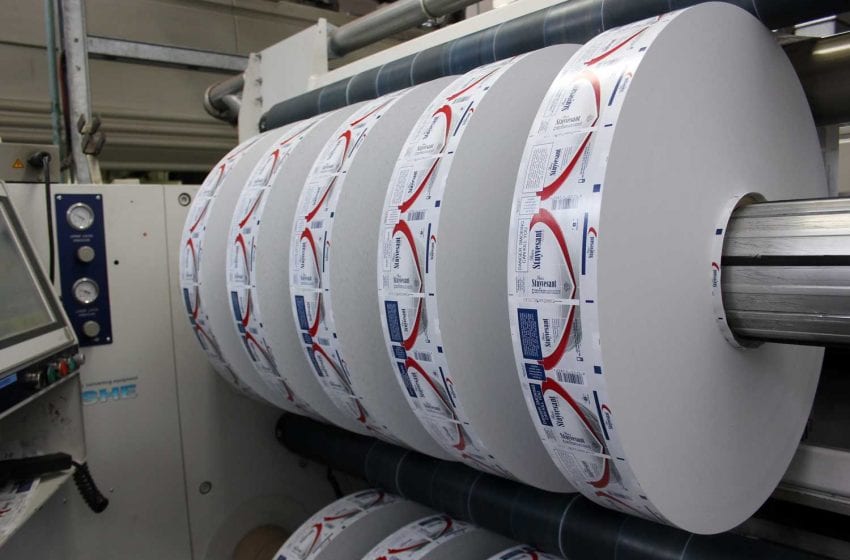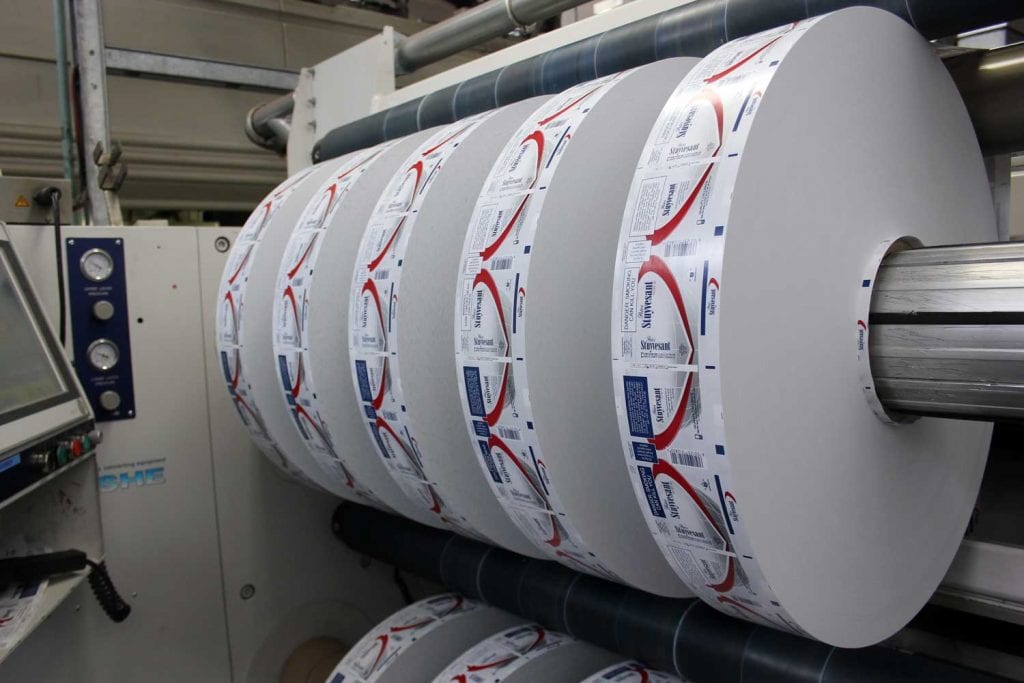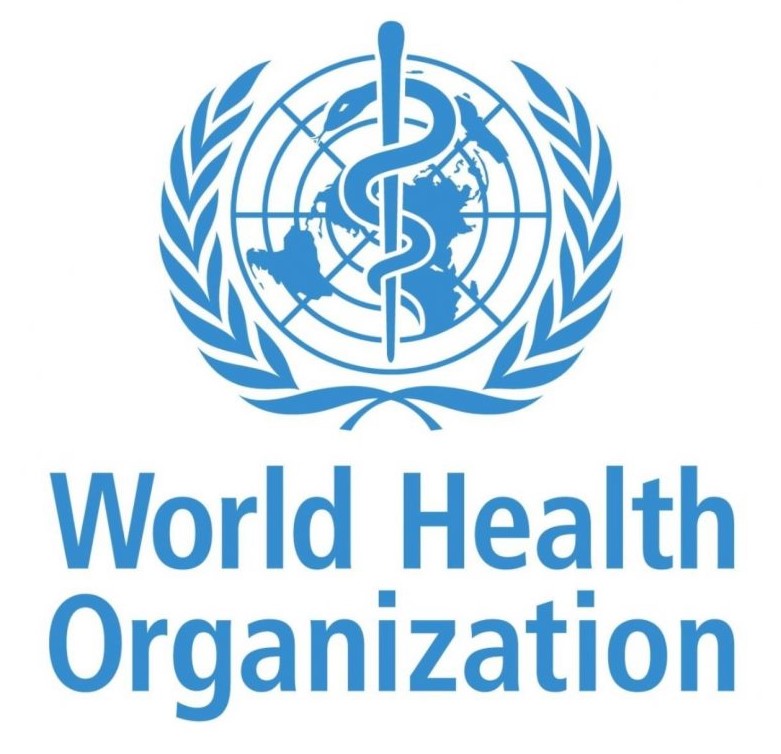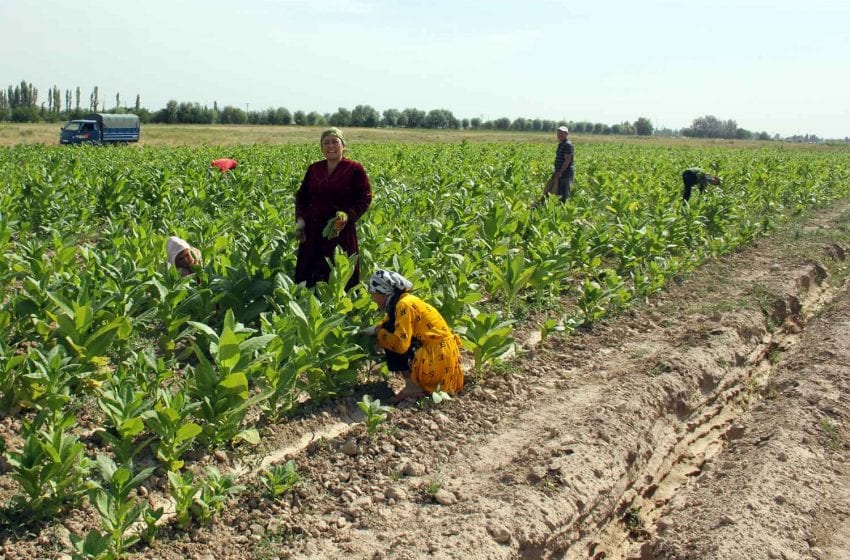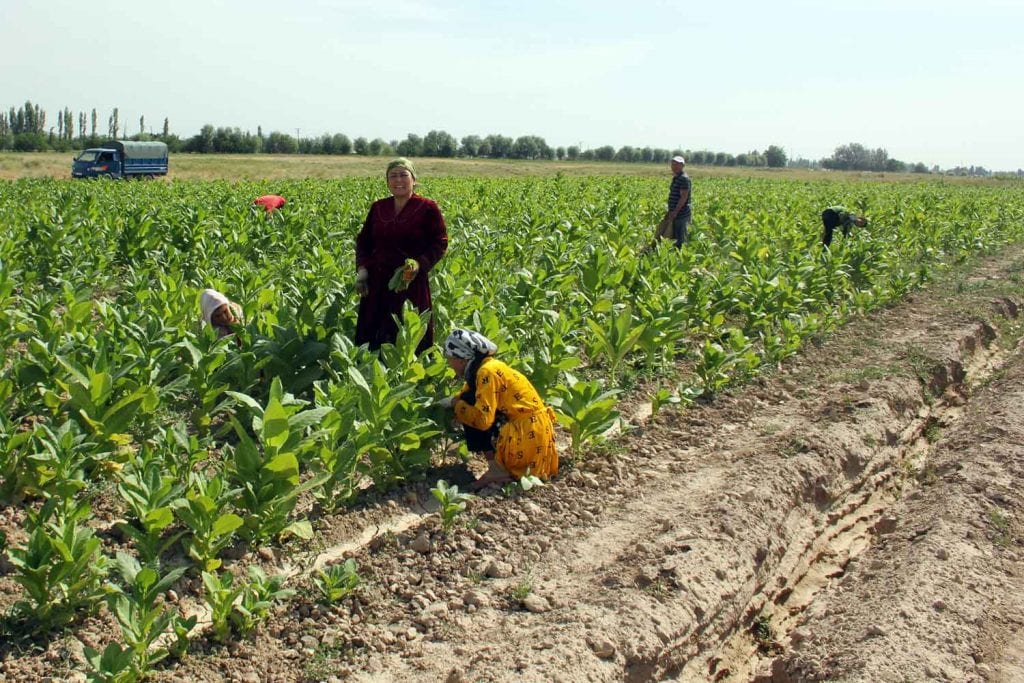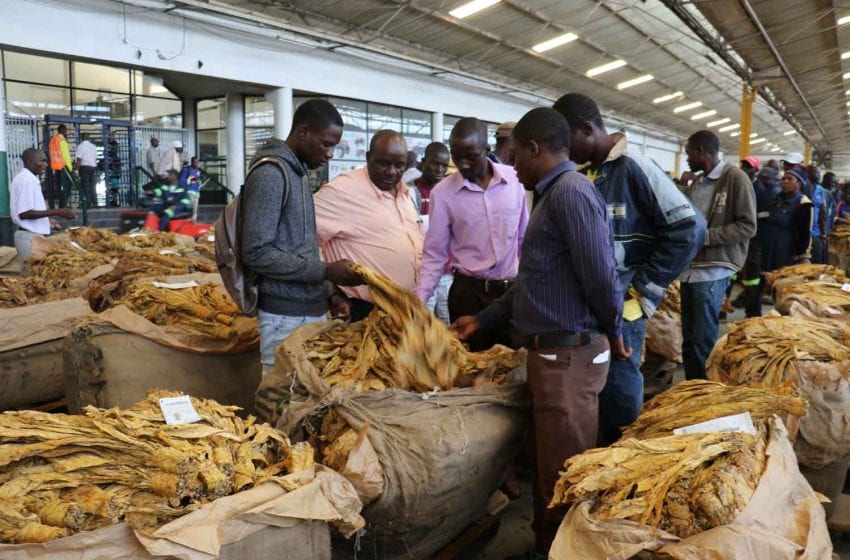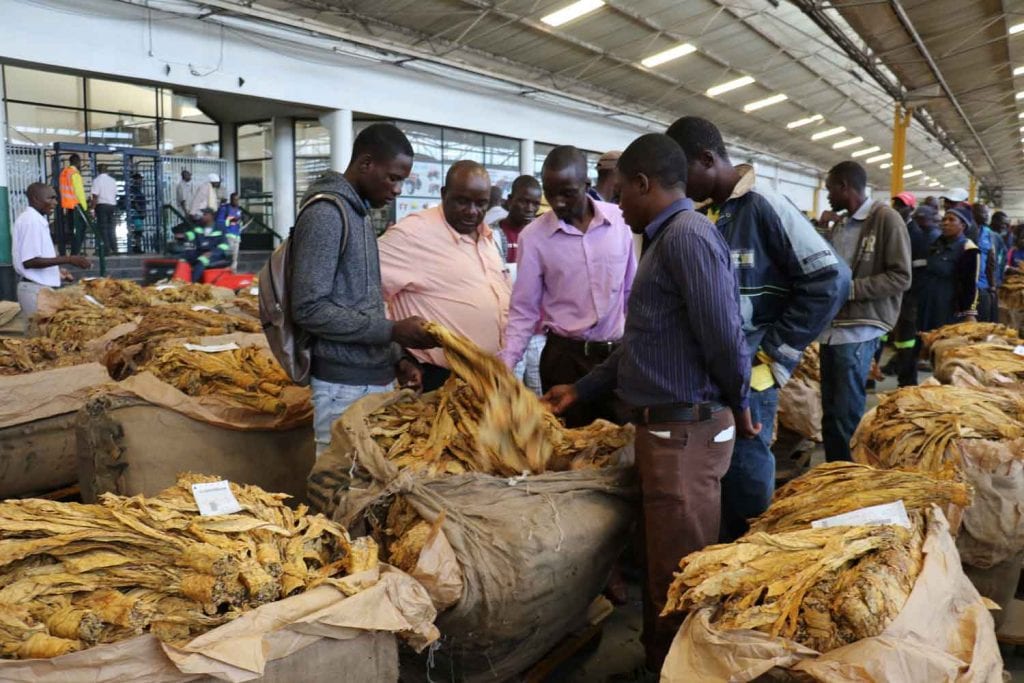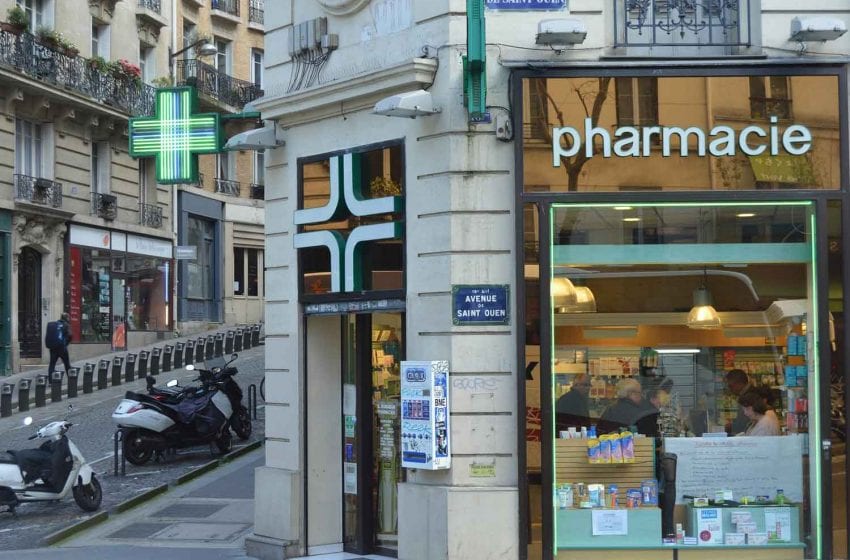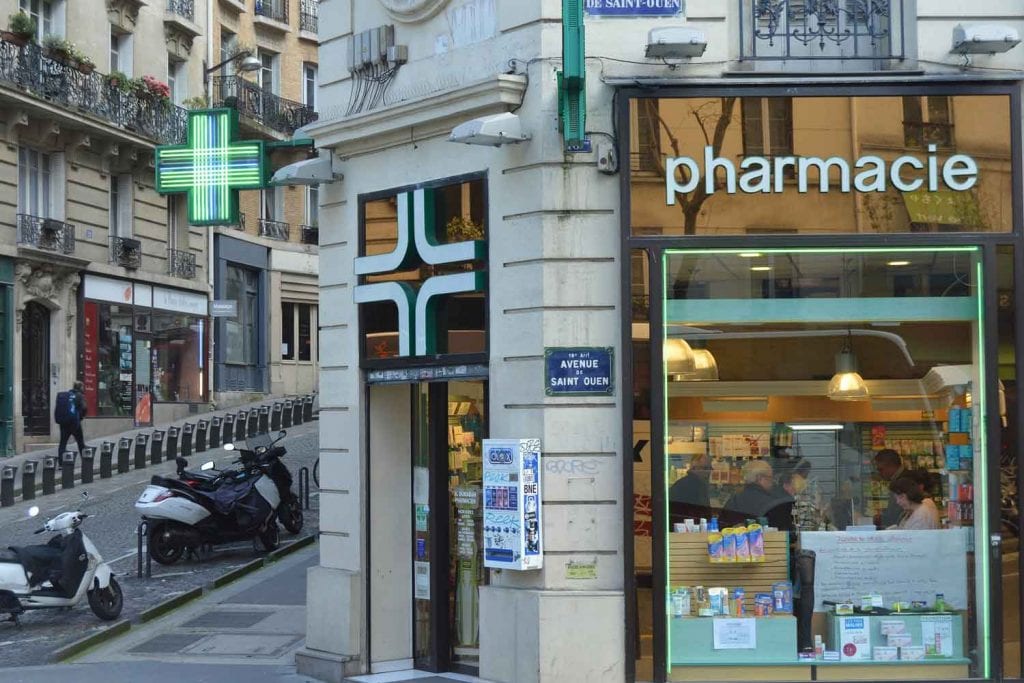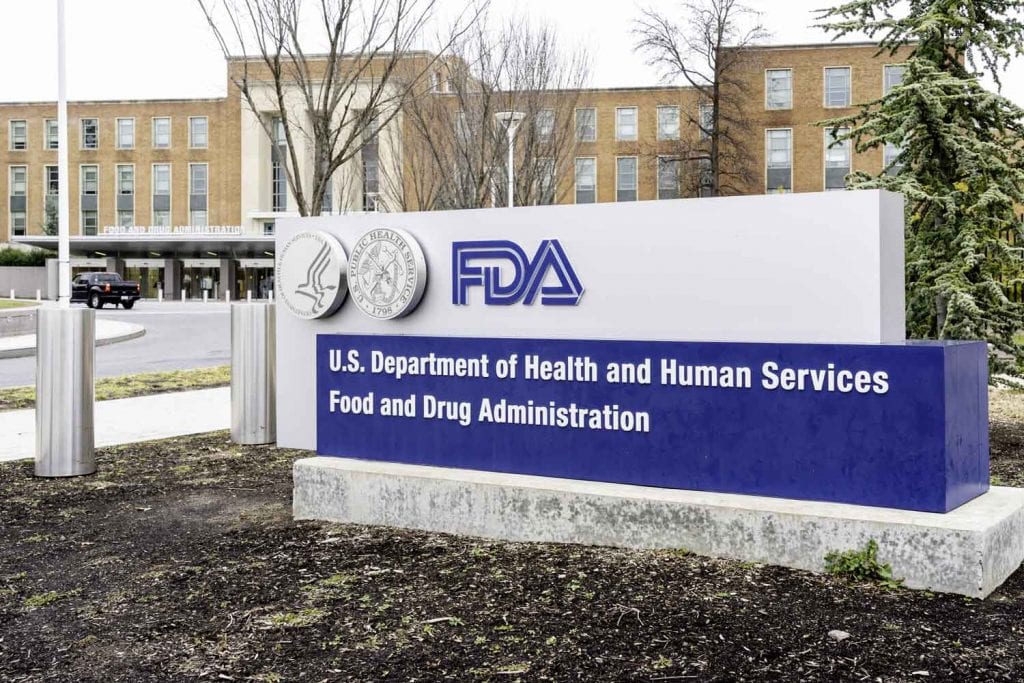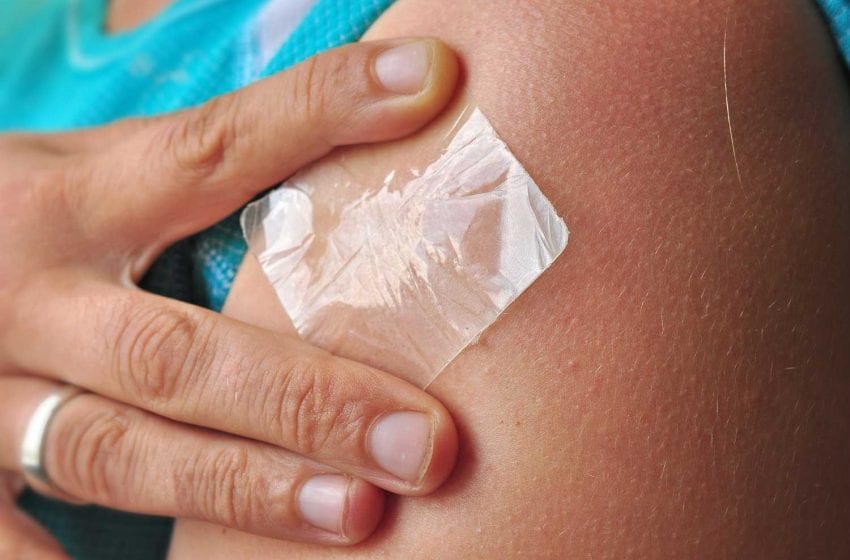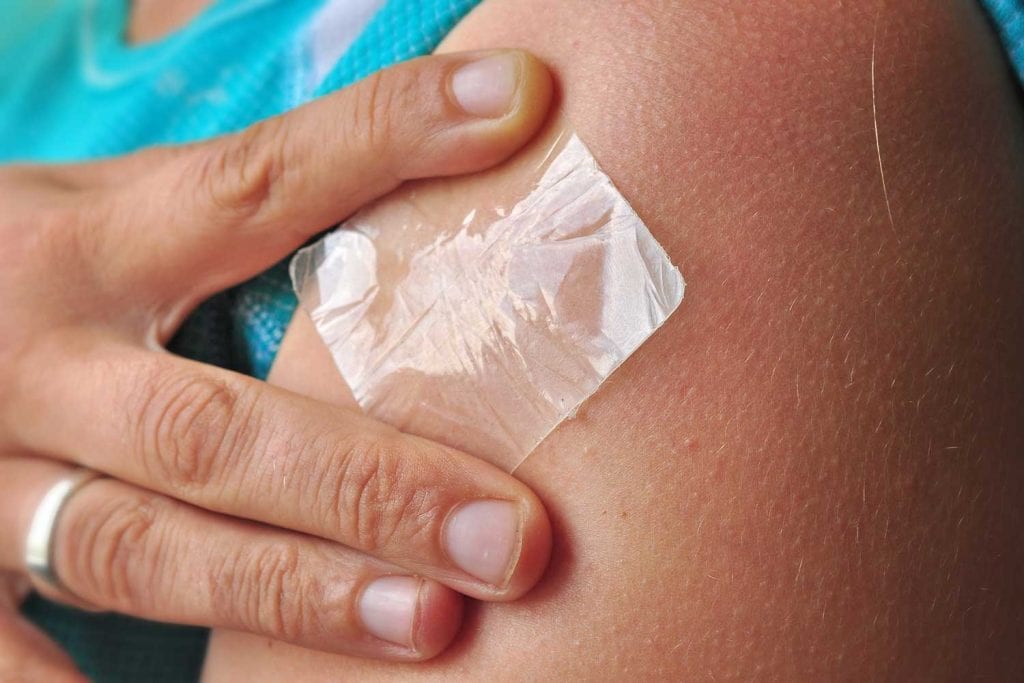Oil did something Monday that made even market veterans shake their heads in wonder — the thinly traded, soon-to-expire May contract for West Texas Intermediate crude on the New York Mercantile Exchange traded, and closed, in negative territory, according to a story on marketwatch.com.
“I’m not sure how to react to that other than say that nobody, whether they’re 120 years old or whether they’re 20 months old, has ever seen an oil price lower than this,” Tom Kloza, a 40-year market veteran and head of global market analysis for Oil Price Information Service, told MarketWatch just minutes before the market closed.
Negative prices means someone with a long position in oil would have to pay someone to take that oil off of their hands. Why would they do that? The main reason is a fear that if forced to take delivery of crude on the expiration of the May oil contract, there would be nowhere to put it as a glut of crude fills up available storage.
Negative oil prices would also seem to be a foreboding sign about the outlook for an economy kicked in the teeth by the COVID-19 pandemic. At first glance, it would also point to ever-cheaper gasoline prices at the pump — a potential positive for hard-hit consumers.
The move was certainly emblematic of a historic bear market for oil, which has been sunk by the collapse of demand as a result of coronavirus outbreak and a brief but ugly price war between Saudi Arabia and Russia that added even more crude to an oversupplied market. But it also represents a phenomenon characteristic of futures markets, where wild price swings — albeit perhaps never on Monday’s scale — can occur around contract expirations, according to the story.
The opposite of a ‘short squeeze’
The May WTI crude contract CL.1, -103.06% CLK20, -103.06% closed Monday at -$37.63 a barrel, a one-day drop of $55.90, or 306%, according to Dow Jones Market Data. The May contract expires at Tuesday’s close. Any traders that are still long crude at that time must take physical delivery, while anyone short must make delivery.
What happened Monday in the futures market was effectively the opposite of so-called short squeeze, a phenomenon that may be more familiar to investors. In a short squeeze, traders that are short the market fear they will be unable to find the underlying physical commodity and are forced to cover their positions, driving prices up sharply.
On Monday, traders with long positions scrambled to get out amid a fear that it would be difficult to find a place to park physical oil amid a rising glut of crude. So in a way, Monday’s price action, while certainly bearish, was also something peculiar to the futures market, with the action in the thinly traded May contract not necessarily an accurate reflection of supply and demand fundamentals, according to the story.
Note the contango
Indeed, crazy things — albeit not this crazy — sometimes happen when a futures contract moves into expiration. The heaviest trading volume and positioning had long since moved to the June contract CLM20, -27.90% , which will become the front month when the May contract expires Tuesday.
The June contract on Monday fell $4.60, or 18%, to settle at $20.43 a barrel. That also marked a further move into what’s known as “contango,” a condition in which future months trade at a premium to the spot price and the nearby contract. The premium of the next-month contract to the nearby contract was already trading at a record before Monday’s close.
Will June suffer the same fate as the May contract in coming weeks? After all, storage is likely to be even more tight in the weeks ahead. The June contract was under heavy pressure Tuesday morning, falling around 21% to trade a little above $16 a barrel, while May remained in negative territory.
Long-term market bulls argue that the steepness of the contango curve — the December 2020 contract CLZ20, -6.36% is trading above $32 a barrel — seems to indicate optimism for an eventual recovery as economies move past the pandemic shutdowns and demand for crude revives in the second half of the year.
“Concerns about commercial and industrial oil storage capacity have exacerbated the current contango structure, but in the long run, the futures curve term structure is likely to normalize, implying potential appreciation for oil from here once the current temporary issues are resolved,” wrote Matt Weller, global head of market research at GAIN Capital, in a Monday note, according to the story.
Storage running tight
Those storage considerations are front and center, with data showing a historic jump in U.S. inventories, including a sharp rise in Cushing, Okla., the delivery hub for Nymex futures.
“Supply is threatening to overwhelm storage in coming weeks, and the flood of crude oil shows no signs of abating,” said Robert Yawger, director of energy at Mizuho Securities USA, in a Monday note. If crude storage levels continue to rise at their current clip, U.S. inventories will break their all-time record in two weeks and reach maximum capacity in eight to nine weeks, he said.
Kloza cautioned that it would be a mistake to read the price action as a sign that there’s no storage available, however.
“It tells you that storage is fully accounted for and if you want to take delivery of oil you better have a place to put it or a pipeline to put it on, or otherwise you’re really screwed,” he said, according to the story.
Even cheaper gas?
The fall in the nearby contract won’t necessarily translate into ever-cheaper gasoline prices at the pump, analysts said. Gasoline prices in some states had already dropped to more than 10-year lows at the end of last week as Americans stay home thanks to the lockdowns aimed at containing the pandemic.
Front-month Nymex gasoline for May delivery RB.1, -13.29% lost 4.24 cents per gallon, or 6%,to end Monday at 66.83 cents a gallon.
“The futures market has its own ecology and that really was at work today, and it’s more about the inner workings of trading and investors and trapped longs than it is about…typical supply and demand fundamentals,” Kloza said.
